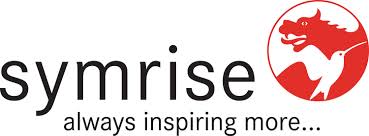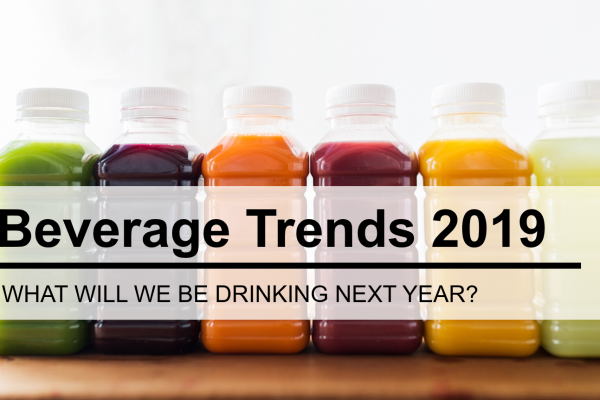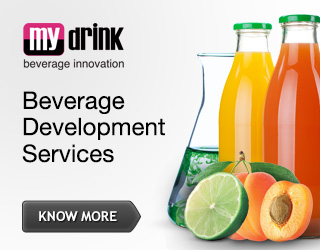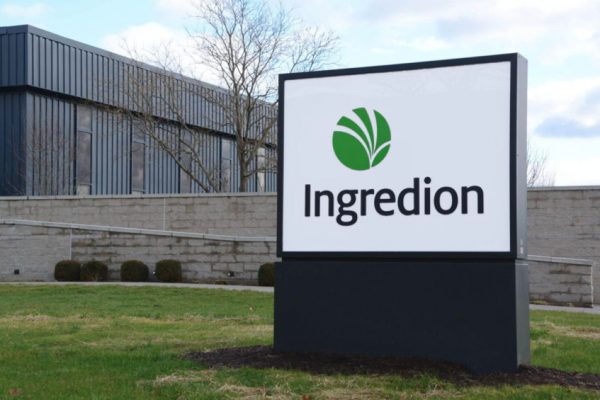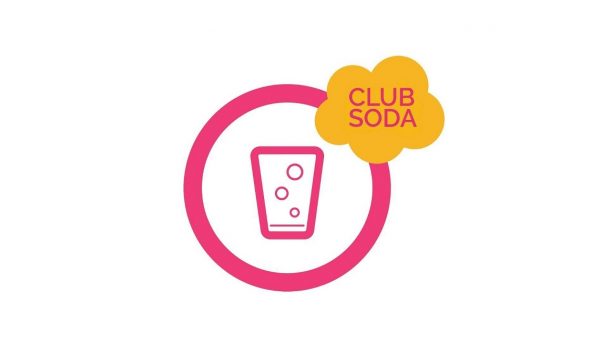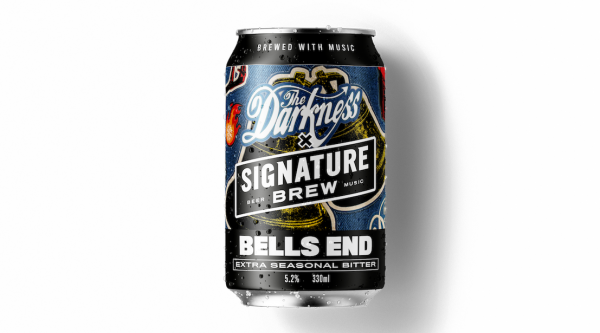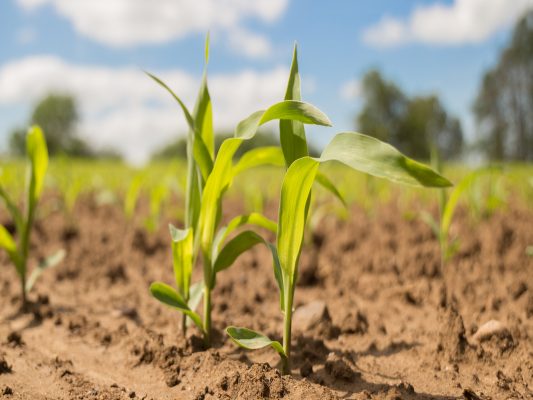How To
5 Key Technological Innovations In the Beverage Industry
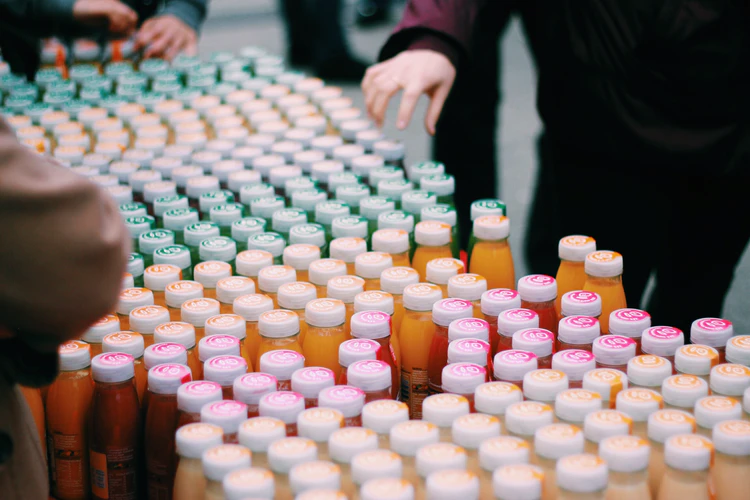 The beverage industry has seen its fair share of technological advancements throughout the years. Food & Beverage Technology Review has even outlined some of its most exciting innovations, such as factory automation and blockchain to track beverage industry tech trends. Of course, this barely scratches the surface of what the market has come to be.
The beverage industry has seen its fair share of technological advancements throughout the years. Food & Beverage Technology Review has even outlined some of its most exciting innovations, such as factory automation and blockchain to track beverage industry tech trends. Of course, this barely scratches the surface of what the market has come to be.
That being said, let’s take a look at some of the key technological innovations in the beverage industry right now.
Flow-though Sortation
To streamline the process of distributing, staging, and sorting their items, beverage companies have taken to using “flow-through” systems. This process entails using robots and automated vehicles to stack and move their products around warehouses. The system also allows machine operators to track every batch, so it’s easier to make sure that every item is accounted for. Most of all, it reduces human error and the need for more manpower, increasing productivity and cost-efficiency in the process.
Voice Technology
Voice technology makes processes more seamless, and this has never been more evident than in warehouse operators. According to IT writer Johnson Thomas, these employees are able to work “hands-free and eyes-free” by simply issuing machines voice commands, and it gets the job done without any problems. This not only increases overall efficiency, but it also decreases the time needed to train new operators and get them up to speed.
IIoT
The Industrial Internet of Things (IIoT) is the use of network-connected devices in an industrial setting. It focuses on machine-to-machine communication, allowing manufacturers to streamline their operations and reduce errors. In the beverage industry, equipment provider Sidel has been providing companies with machines that have built-in sensors and efficiency improvement tools (EIT®).
The EIT® records data and locates defects in production, ensuring that every beverage is produced faster and with consistent quality. These technologies are made possible because of advancements in PCBs, which is an integral part of any gadget. In the past, traditional PCBs were flat, hard, and chip-like, but they have since had to evolve to be compatible with modern IoT sensors. This explains why we’re now seeing more “flex”-type PCBs. Altium’s overview of flex PCB assembly explains that these designs enable multiple PCBs to connect and fit different shapes. It’s a complex procedure, but it’s inevitable for beverage companies who want to refine their manufacturing process.
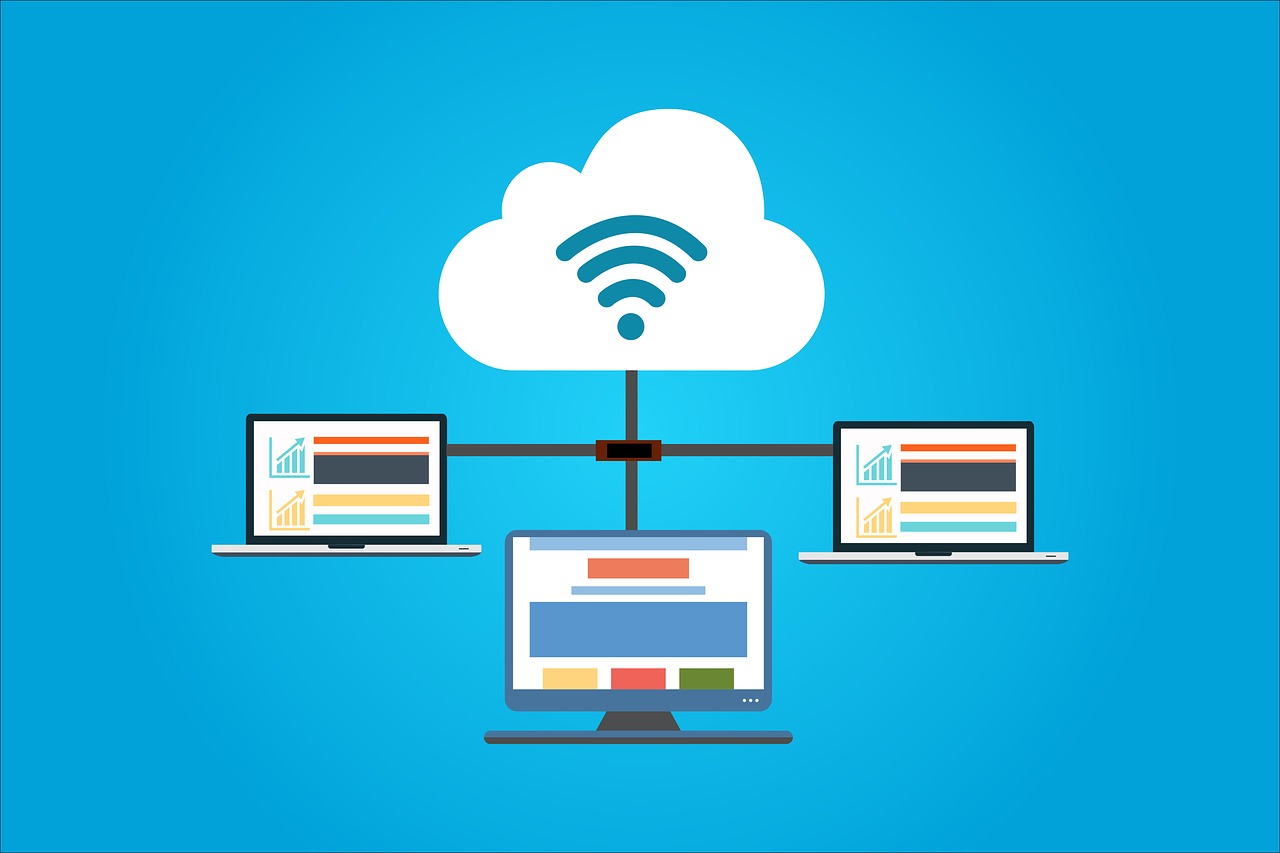 Cloud Service
Cloud Service
Not every beverage company will have the resources to pursue cutting-edge advancements. Luckily, cloud service providers are there to make resources more accessible. These providers rent access to certain software or storage, so that companies can avoid paying the costs for owning and maintaining their own infrastructure.
In a previous article entitled ‘Challenges Faced in Creating Sugar-free Beverages’, we discussed how the industry is under constant pressure to reduce the amount of sugar and artificial sweeteners they put into their drinks for health purposes. So, in 2017, Bayn Europe announced its development of a cloud-based platform that can help food and beverage companies start their own sugar-reduced products. From lab simulation software to product testing, the platform promises a ton of features that will help them throughout the production process. It was initially scheduled to launch early this year, but got delayed due to the health crisis. Other cloud services being used in the industry include Secure 24’s quality validation tool and OneNeck’s centralized database solution.
NFC Tags
Companies are always looking for ways to enhance the user experience, and the beverage industry is no different. To this end, they’ve decided to imprint near field communication (NFC) technology onto their beverages. NFC is what allows the “communication” between two devices, much like tapping your card onto a card reader. Johnnie Walker has started attaching NFC tags onto their Blue Label caps, which are programmed with information that consumers can access with an NFC-enabled smartphone. The label can then tell you some product information, such as its authenticity and history. It can even send you cocktail recipes for spirits and compatible food.
Exclusively for drinkpreneur.com by Jem B.

